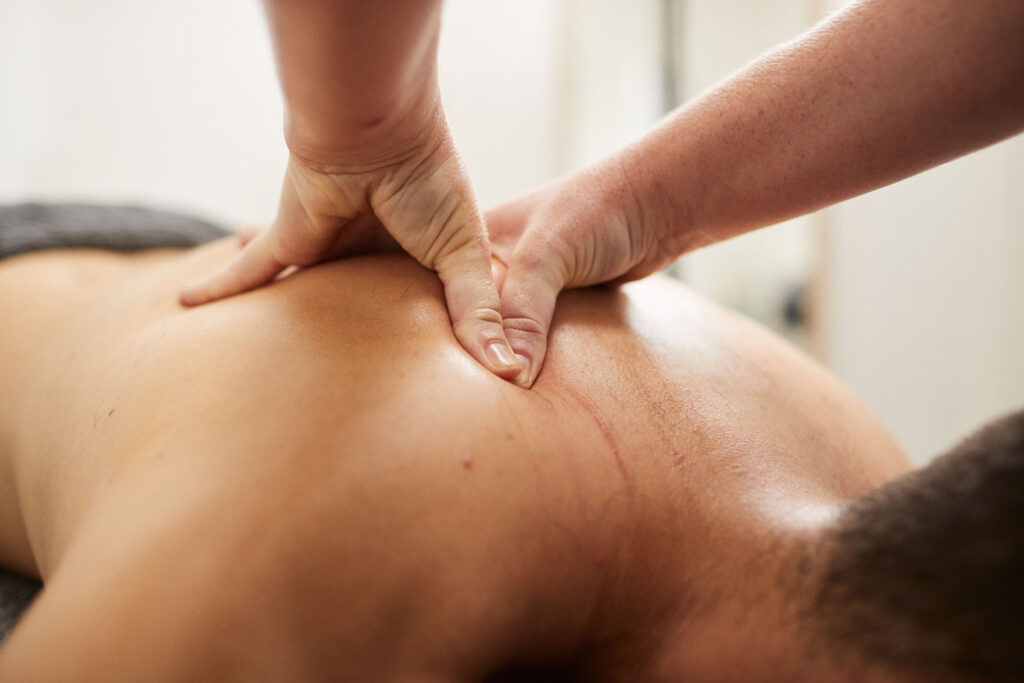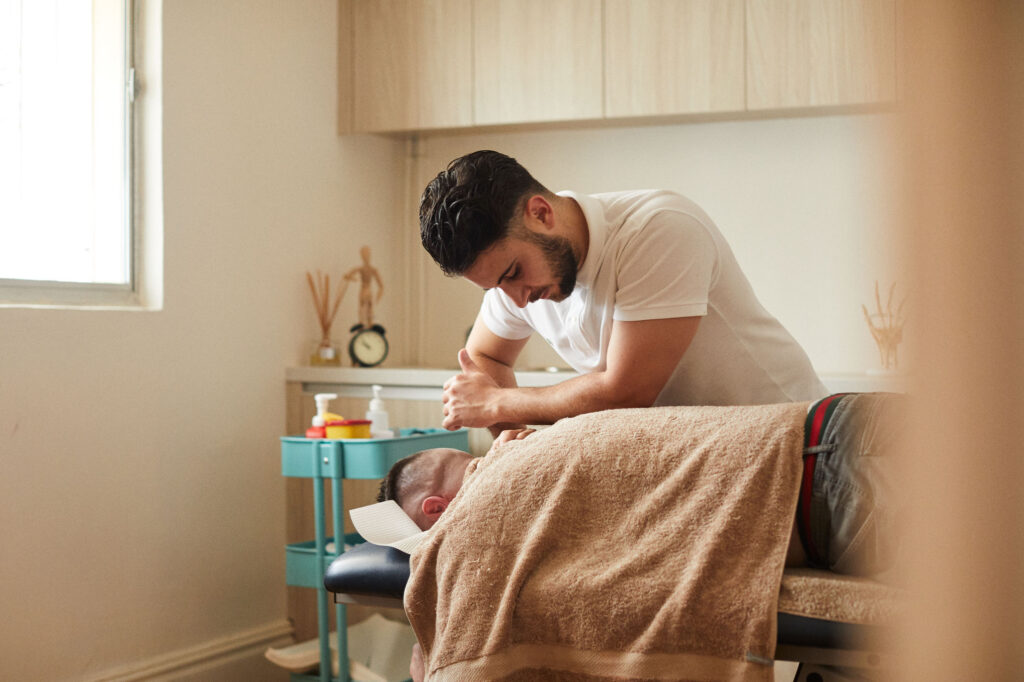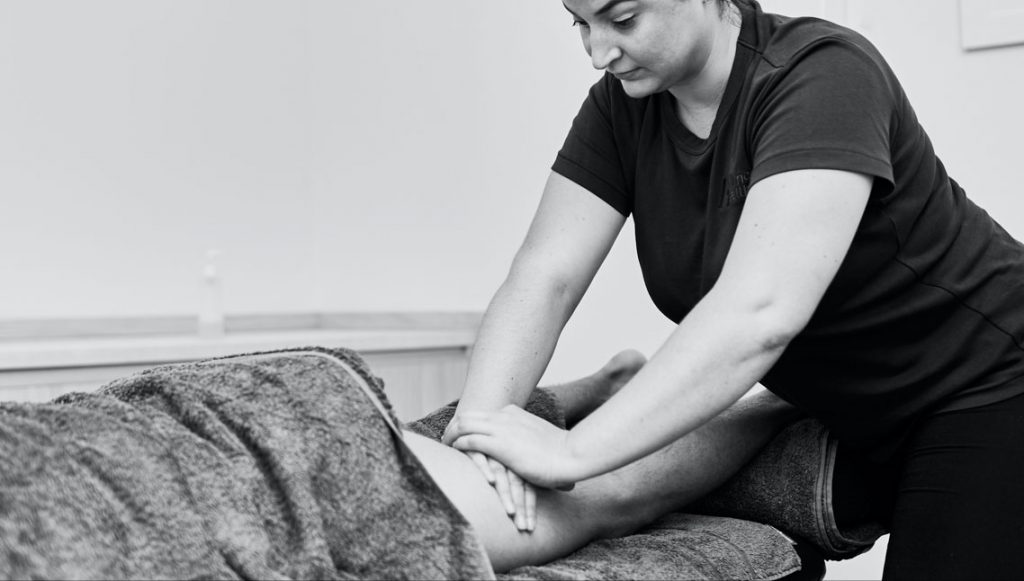How Remedial Massage Improves Blood Circulation
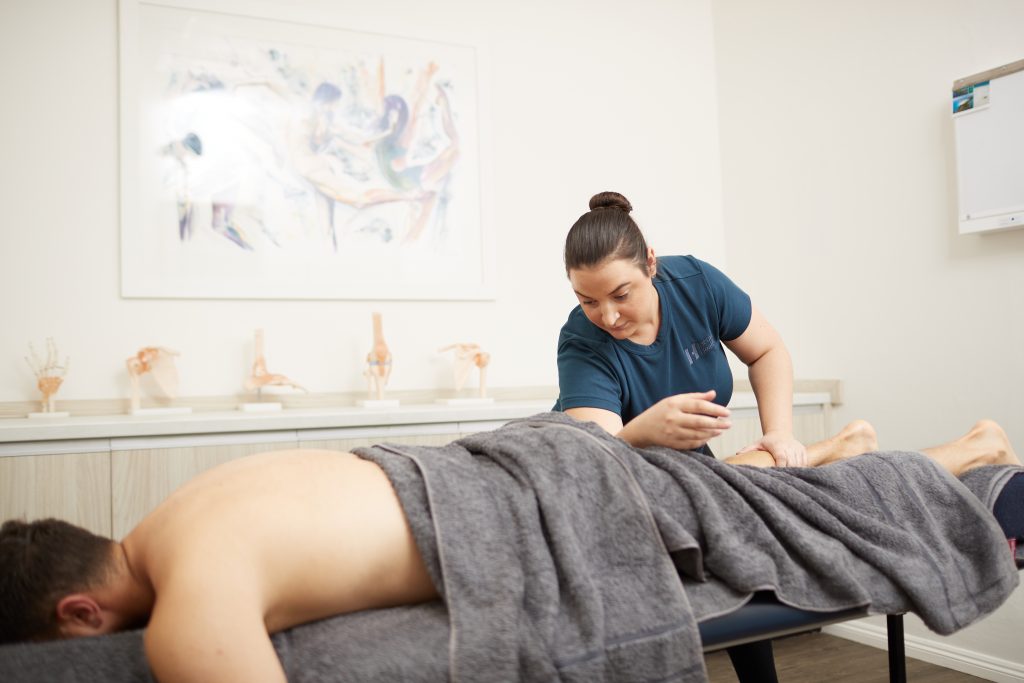

Are your hands and feet often cold? Do your muscles feel heavy or sore after sitting too long? These may be signs of poor circulation—and they’re more common than you think.
If you’re looking for a natural, evidence-based way to improve your blood flow and overall wellbeing, remedial massage could be exactly what your body needs.
This guide explores how remedial massage improves blood circulation, the specific techniques used, and how you can benefit—whether you’re a desk worker, athlete, or just trying to feel your best.
How Remedial Massage Enhances Circulation
Stimulates Blood Vessels and Soft Tissues
Remedial massage works by manipulating the soft tissues of your body—muscles, fascia, tendons, and ligaments. This physical pressure stimulates blood vessels, prompting better oxygen and nutrient delivery throughout the body.
Improves Venous Return and Lymph Flow
Massage strokes often mimic the direction of blood returning to the heart, aiding venous return. At the same time, lymphatic drainage massage encourages your lymphatic system to flush out toxins and excess fluid, reducing swelling and boosting immune health.
Reduces Tension That Impairs Circulation
Tight muscles and fascial restrictions can impede blood flow. Releasing that tension allows for smoother circulation, particularly in areas suffering from chronic muscle tension, like the neck, shoulders, or lower back.
Techniques Used in Remedial Massage for Circulation
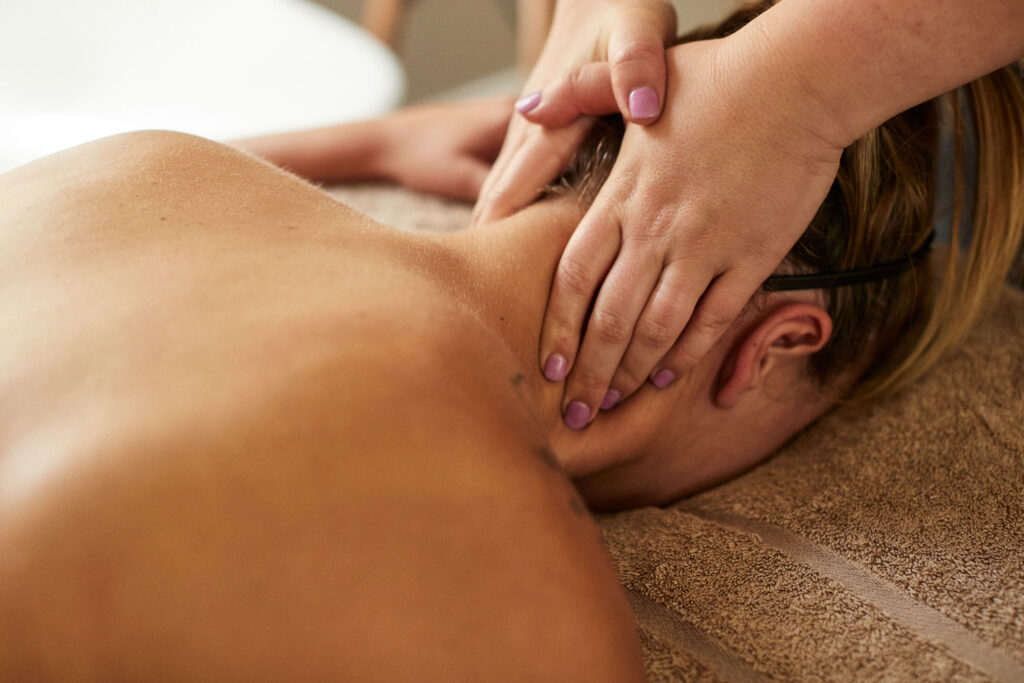

Deep Tissue Massage
This involves slow, firm pressure targeting deeper muscle layers. It breaks up adhesions and improves blood flow in areas prone to chronic tension or injury.
Myofascial Release
A gentle, sustained pressure technique that releases restrictions in the fascia, improving circulation and movement without deep pressure.
Lymphatic Drainage
A light, rhythmic technique that stimulates lymph vessels, removing waste products and enhancing immune and circulatory function.
The Role of Blood Circulation in Your Health
Why Circulation Matters
Good circulation ensures:
- Oxygen and nutrient delivery to muscles and organs
- Waste removal (like carbon dioxide and lactic acid)
- Temperature regulation
- Immune support via lymphatic flow
Common Signs of Poor Circulation
- Cold hands and feet
- Tingling or numbness
- Swelling in limbs
- Muscle cramps
- Fatigue or sluggishness
Benefits of Remedial Massage Beyond Circulation
Pain Relief
By reducing tension and promoting blood flow, massage helps relieve chronic pain, especially in the back, neck, and shoulders.
Faster Recovery from Injury
Improved circulation means more oxygen and nutrients reach damaged tissues, speeding up healing and tissue repair.
Improved Flexibility
Loosening tight muscles enhances range of motion, promotes muscle recovery, and prevents further strain or injury.
Reduced Swelling and Inflammation
By enhancing lymph flow and blood circulation, remedial massage can help reduce fluid retention and inflammation, especially post-surgery or soft tissue injuries.
Who Should Consider Remedial Massage?


People with Sedentary Jobs
Desk-bound workers often develop poor posture and reduced circulation—especially in the legs and lower back.
Athletes and Active Individuals
Massage can reduce muscle soreness and promote quicker recovery between workouts or games.
Those Recovering from Injury or Surgery
Whether it’s a sprain, strain, or post-operative swelling, remedial massage supports healing and rehabilitation.
People with Circulatory Issues
If you’re managing diabetes, varicose veins, or high blood pressure, massage may support vascular health when used alongside medical advice.
When is Remedial Massage Unnecessary?
Who Should Avoid It?
- People with blood clotting disorders
- Those with active infections or fever
- Individuals with severe osteoporosis
- People with open wounds or fractures
Always consult your doctor if unsure.
When Another Approach Is Better
- If you’re in great physical condition and already receive regular maintenance massages, a remedial massage might not offer additional benefit unless you’re dealing with specific issues.
- If you only get one remedial massage a year, it may offer temporary relief, but won’t create long-term change. Regular sessions are more effective for circulation and healing.
Tips for Getting the Most Out of Your Massage
Hydration
Drink plenty of water before and after your massage to support detoxification and tissue hydration.
Regular Sessions
One-off treatments feel good—but consistent massage therapy delivers the most noticeable and lasting improvements in circulation and pain relief.
Combine with Other Healthy Habits
- Stay active with gentle movement or walking
- Practice stretching or Pilates
- Reduce sedentary time
- Maintain a balanced diet
Final Thoughts
Remedial massage is more than a luxury—it’s a therapeutic tool with measurable benefits for your circulatory system and overall health. From boosting blood and lymph flow, to aiding recovery and flexibility, it’s a proven way to enhance wellness naturally, providing stress relief along with various physical benefits .
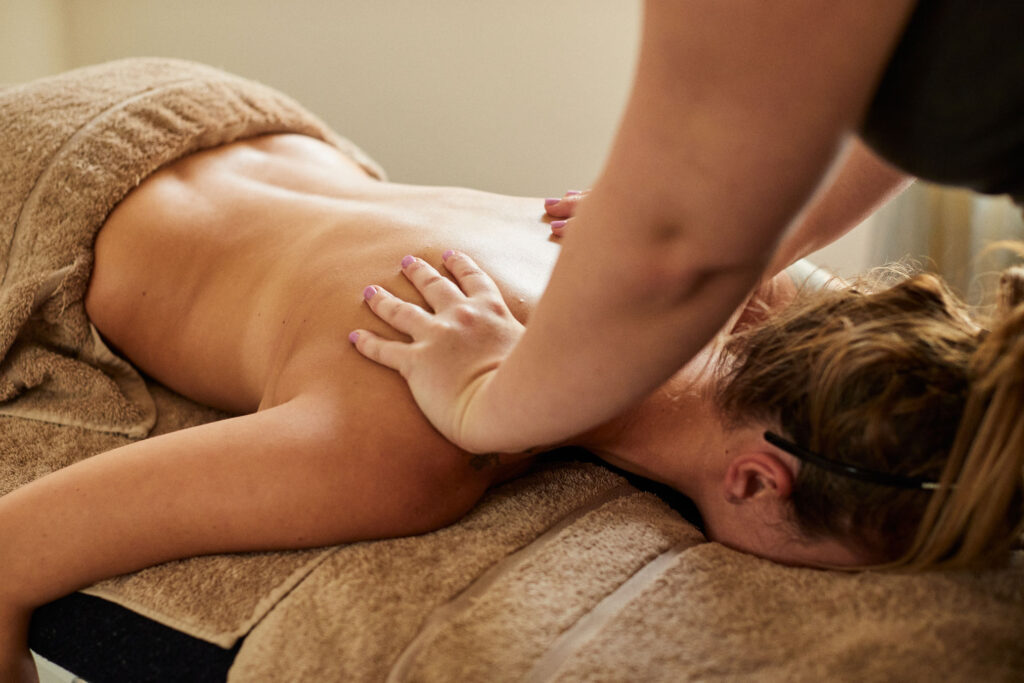

Ready to Improve Your Circulation?
Don’t wait for pain or fatigue to push you into action. Take a proactive step for your health—book a remedial massage with one of our qualified therapists at Incline Health in Leichhardt.
Your body (and your circulation) will thank you.
Frequently Asked Questions
How does massage improve blood circulation?
Massage enhances blood circulation by stimulating blood vessels and muscles, promoting oxygen and nutrient delivery, and encouraging waste removal through the lymphatic system.
Is remedial massage covered by health insurance?
In Australia, yes—remedial massage is often covered by private health insurance if performed by a registered provider. Check your policy for specific details.
What are the benefits of remedial massage?
Benefits include:
- Improved circulation
- Pain relief
- Enhanced flexibility
- Faster recovery
- Reduced stress and muscle tension
Can massage promote the circulation of blood and lymph?
Absolutely. Specific techniques like lymphatic drainage and deep tissue massage support both vascular and lymphatic circulation.
What does massage do to your blood?
Massage increases blood flow, which improves nutrient and oxygen delivery to tissues, helps remove metabolic waste, and supports overall cardiovascular health.



